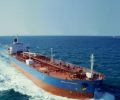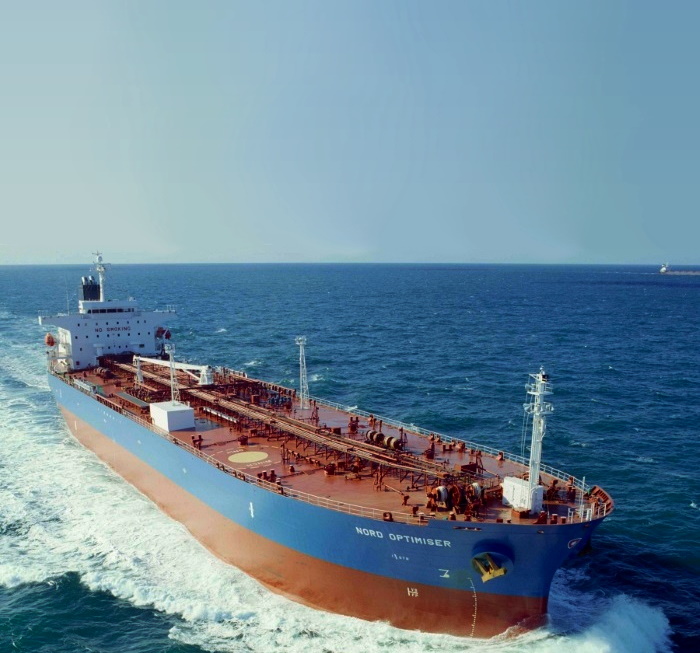 Tanker owners should be wary of China’s recent formal announcement, pledging its carbon neutrality goals, as they are bound to have an adverse effect on the country’s crude oil imports moving forward. In its latest weekly report, shipbroker Gibson said that “China’s announcement last month that it pledged to reach ‘carbon neutrality’ before 2060 could have serious implications for the global economy and the tanker community alike. The challenges should not be underestimated, but President Xi Jinping has now committed one sixth of the world’s population and around a third of the world’s CO2 output to achieve net-zero emissions within 40 years. Few can argue with China’s track record when it comes to rapidly implementing its policy ambitions. Nevertheless, the path to zero emissions will require intervention on a scale not seen before, with the need for new regulations, feed-in tariffs for renewables, subsidies for alternative fuels as well as more stringent laws to ensure compliance. Any new rules and regulations would inevitably ‘spill over’ to impact countries that trade with China”.
Tanker owners should be wary of China’s recent formal announcement, pledging its carbon neutrality goals, as they are bound to have an adverse effect on the country’s crude oil imports moving forward. In its latest weekly report, shipbroker Gibson said that “China’s announcement last month that it pledged to reach ‘carbon neutrality’ before 2060 could have serious implications for the global economy and the tanker community alike. The challenges should not be underestimated, but President Xi Jinping has now committed one sixth of the world’s population and around a third of the world’s CO2 output to achieve net-zero emissions within 40 years. Few can argue with China’s track record when it comes to rapidly implementing its policy ambitions. Nevertheless, the path to zero emissions will require intervention on a scale not seen before, with the need for new regulations, feed-in tariffs for renewables, subsidies for alternative fuels as well as more stringent laws to ensure compliance. Any new rules and regulations would inevitably ‘spill over’ to impact countries that trade with China”.
Source: Gibson Shipbrokers
According to the shipbroker, “China is the largest emitter of CO2, at nearly twice that of the next largest, the US. In his speech, Xi Jinping said China’s ‘aim’ is to reach peak CO2 emissions ’before 2030’. Meaning there is still someway to go before ‘peak’ emissions are reached. From here the economy will have to transition to a carbon neutral model. The country has already made efforts to open its economy to reduced carbon emissions, as such an emission trading scheme (ETS) is scheduled to commence operations in the near-future”.

“How the country will transition to a carbon neutral economy is currently unclear. China will need to start to reduce its fossil fuel consumption soon if it is to transition its economy to achieve its reduced emission targets. China currently accounts for approximately 52% of coal, 14% of oil and 8% of natural gas global consumption. Moving its economy away from these fuels will have significant implications on all fossil fuels (including oil). This will impact both local production and import volumes. The refinery sector will also have to adapt to the new environment. Whether this can be accomplished with the current infrastructure is still to be decided”, Gibson said.
The shipbroker concluded that “ultimately the climate goals of the world’s largest oil importer will have implications for the global tanker market. As oil demand growth from China slows, and eventually declines, tankers will need to look elsewhere for demand, some of which may be unconventional. Alternative fuels such as hydrogen, ammonia and methanol could well be the growth sectors of the future. Sinopec is already focusing on producing hydrogen. The country’s transition over the next 40 years will impact all aspects of the shipping sector, from bunker fuels to vessel design, all in a bid to reach the goal of being carbon neutral”.
Meanwhile, in the crude tanker market this week, Gibson said that in the Middle East, “a relatively active start to the week for VLCCs lent Owners a very temporary, and rare, chance to exert upward leverage but the result was fractional – to ws 30 to the East, and still theoretically in the ‘teens’ to the West, and all too quickly the cargo feed reverted to barely drip feed as Charterers ran out October barrels and awaited November confirmations. All the while availability remained easy/over easy and it will be another testing week to come, albeit a more active one. Suezmaxes remained stuck fast at recent lows despite steady interest – again, just too many ships and that is likely to remain the case for some while yet. Aframaxes plumbed new lows at down to 80,000mt by ws 55 to Singapore even as activity kept to a steady beat. It needs an even faster rhythm to get this market dancing”, the shipbroker concluded.
Nikos Roussanoglou, Hellenic Shipping News Worldwdie